
When I was a younger man mid-life crisis in a man’s life always seemed to me to be a mysterious event with no clear starting point or ending.
Today well into the fifth decade of life, I understand much better what all those “old” men were talking about.
If you’re a man, the “crisis” of your mid-life is, of course, a product of your life circumstances and it can have endless shapes and forms, but in this post, I’d like to focus on the physical aspects of this life event which have a significant impact on the psychological level as well.
For some men, this will happen in their mid-thirties, for others, it will start later in their forties.
For me, the most noticeable symptom was the fluctuations in energy level.
The other was the quality of sleep. The quality of my sleep started to decrease and finding my self wide awake at 3 am became almost routine.
So what is happening?
Some call it andropause. The more scientific term is hypogonadism. Anyway you call it, it describes the same thing: decreasing testosterone level.
Andropause
Testosterone is called the “fountain of youth” for a good reason. It is maybe the most important hormone for wellbeing, fitness, and strength in both men and women.
While menopause in women is a well-defined event, the decreasing testosterone level in men, or andropause, is less understood or discussed.
When testosterone levels begin to decrease, mental and physical symptoms appear:
Weakness and fatigue
Increased body fat
Loss of strength and muscle mass.
Lower sex drive
Irritability and mood swings
In extreme cases, testosterone replacement therapy may be an option, but as in some situations of drug intervention, the potential for problems is higher than the benefits.
In the case of low testosterone, HRT – hormone replacement therapy, may cause the body to lose it’s natural ability to produce testosterone.
So as a man who’s reading this you might think that since you’re already destined for all this, you might as well lay on the couch with a bag of potato chips because it is all downhill from here, right?
Not so fast.
Testosterone levels are going down with age, that’s true. If you’re in your forties, You have to accept the reality that you’re not sixteen anymore.
But a huge part of keeping testosterone level from going too low is a result of your lifestyle choices.
Here are some things you can do to support your body in producing testosterone naturally:
Lift weights or do some HIIT

No other exercise form will increase your baseline T levels like lifting weights. Especially the big multi-joint movements like deadlifts, squats, bench press, and chin-ups are great for achieving this.
HIIT stands for high-intensity interval training and is an effective method for raising T levels too. Sprints are the most simple form of HIIT.
Another great tool for an intense and short workout is kettlebells. Check out our post about kettlebells.
Eat fats and lower carbs
Do we need more proof that fats (the good ones) are not the enemy? Well, here is another one: saturated fats and cholesterol especially, are the building blocks of all the sex hormones, testosterone included.
More generally, a good, clean paleo diet will give support for optimizing your testosterone levels. Avoid any processed, commercial food and sugar. Eat organic, pasture-raised meat dairy and eggs, use fats like Ghee, coconut oil, and olive oil, Eat plenty of vegetables and raw nuts and seeds. Optimize your diet with some super foods like organ meats and bone broth.
Seafood

Seafood is abundant in Zinc which is a mineral that is highly important in supporting testosterone. Oysters are by far the zinc-richest food you can find. Twelve oysters will provide you with an abundant 665% of your daily zinc requirements! Fatty fish like sardines and salmon are recommended as well.
Another option if you are deficient in zinc is taking a zinc supplement. Zinc works in synergy with copper in the body, so it’s important to take them together to avoid mineral imbalance. Consult with a health practitioner before supplementing.
Stress reduction
Cortisol, the stress hormone is a catabolic hormone which means that it breaks down tissue and therefore counters the anabolic (repairing) effect of T.
Learn how to manage your stress. Meditating, practicing Yoga or spending time in nature are some ways to do that.
Sleep!
Not surprisingly sleep disturbance is also related to low T. Healthy T production requires restful sleep, especially REM sleep. Make sure to sleep 7-9 hours a night and avoid screen time during the evening hours.
The blue light produced by our screens suppresses the production of melatonin – the sleep hormone.
I know it is hard to do these days but avoiding screens two hours before sleep can significantly improve your sleep quality.
I find T.V not to have the same impact as computers and phones which are the worse!
Vitamin D
Vitamin D is involved in supporting a healthy production of T and general hormonal balance. Supplementing is an option, but regular and healthy sun exposure is even better.
Embrace reality
For many men, midlife can be challenging. As I mentioned, depression, anxiety, and anger can be common symptoms.
For many men, especially the ones who have some athletic background midlife can be a hard time.
You might miss the good old days when you were vital and strong. Not being able to restore this feeling can take you down a vicious cycle of frustration and depression.
It is maybe the first time in our life where we’re facing our mortality.
Instead of slipping into a morbid state of mind of “it’s all downhill from here” I’m offering you the alternative of extreme acceptance.
Own your midlife and embrace it.
If you are a lifter, cross fitter, runner or train in another form of sport, you probably know the situation: many times you’ll see younger, twenty-something guys training next to you. They are faster and stronger than you. Trying to match younger people’s ability is foolish and can get you in trouble. By that I mean injury. So let it go.
If your ego feels a little hurt, please give it some love and calm it down. Remember that age brings some significant advantages too. Wisdom and experience are some of those perks, and interestingly, these qualities are many times inversely correlated to your testosterone levels.
You are not a young adult anymore so use the qualities that come with that and utilize them into your training and the maintenance of your overall health.
Here’s a cliche’ – a mid-age guy, maybe even older, overweight and neglected, drives in a fancy sports car.
Don’t be that guy! If you reached a point in your life where you can afford an expensive car, then you can afford to invest time and money in your fitness and health. Don’t forget: your body is your most important physical asset, and you’ll need it for many more years to come.
In Good Health!



